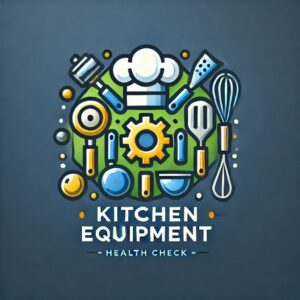“Pest Control and HACCP”
Under HACCP (Hazard Analysis and Critical Control Points) principles, the focus is primarily on identifying and managing potential hazards at specific points in the production process. While HACCP itself does not explicitly mandate contracting with a de-ratization company, it does require that all potential hazards, including those posed by pests such as rodents, must be effectively controlled.
Pest Control and HACCP:
Pest Control as a Critical Control Point (CCP):
Identification: During the HACCP plan development, pest control is often identified as a CCP because pests can be a source of contamination.
Monitoring: Effective monitoring systems must be in place to detect activity and prevent infestations.
Regulatory Requirements:
In many jurisdictions, including the EU and its member states, regulations concerning food safety and public health might implicitly or explicitly require regular pest control measures. These can include mandated contracts with professional pest management services.
Industry Standards:
Standards like those set by the Food Safety Authority of Ireland (FSAI) or similar regulatory bodies often include guidelines that strongly recommend regular professional pest control services as part of a comprehensive food safety program.
Best Practices:
Even if not explicitly mandated, it is a common best practice for restaurants and bars to contract with professional pest control services. Regular inspections and treatments by a de-ratization company are considered an effective way to manage pest risks.
Professional services ensure that the methods used are safe, effective, and compliant with local regulations, particularly in how they might affect food safety and customer health.
Documentation:
Any actions taken to control pests, including contracts with pest control services, should be documented as part of the establishment’s HACCP records. This documentation helps demonstrate compliance with food safety regulations during inspections.
Conclusion
While HACCP guidelines focus on the identification and management of hazards rather than prescribing specific actions like contracting with a de-ratization company, the effectiveness of such services in controlling pest-related hazards often makes them an essential part of a food establishment’s overall food safety and pest management strategy. Therefore, while not mandatory under HACCP per se, contracting with a pest control service is highly recommended and is required by other overlapping food safety regulations.
“The Smiles That Keep Them Coming Back”
Winning Hearts, One Plate at a Time









